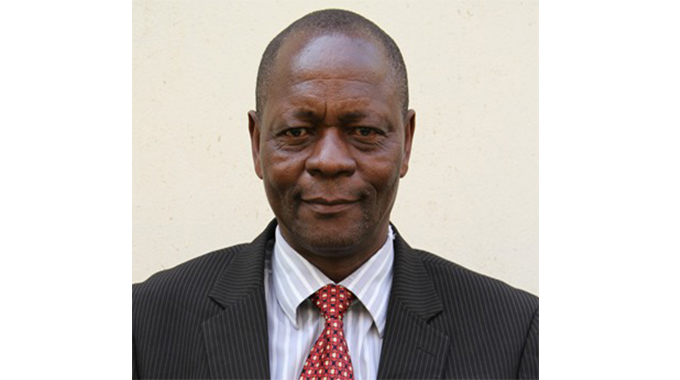Matabeleland South farmers urged to maximise production on irrigation schemes

Sukulwenkosi Dube-Matutu, Chronicle Reporter
FARMERS operating in rehabilitated irrigation schemes in Matabeleland South Province have been urged to maximise production to complement Government’s efforts to ensure food security.
Government, working with various partners, is rehabilitating irrigation schemes that had been lying idle across the country in order to improve food and nutrition security for the attainment of Vision 2030.
Under the Second Republic, Government is prioritising revival of the agricultural sector through the development of irrigation schemes to alleviate food insecurity and push back the frontiers of poverty, particularly in rural communities.
Government has also deployed managers to irrigation schemes across the country to maximise production.
A number of irrigation schemes in Matabeleland South Province have been revived, while some that were being underutilised have been capacitated and expanded.
Investors, through partnership with local farmers, have also assisted with resources and equipment to enhance underutilised irrigations.
Government in partnership with the International Fund for Agricultural Development (IFAD) invested US$1 million towards revitalisation of the 65-hectare Tshikwalakwala Irrigation Scheme in Beitbridge which had been grounded for the past 15 years.
In Gwanda, Government, working with IFAD, invested US$600 000 towards revitalisation of the 65ha Sebasa Irrigation Scheme, which had been lying idle for several years. Government also invested US$649 000 towards revitalisation and expansion of the 84ha Guyu-Chelesa Irrigation Scheme in Gwanda.
In Bulilima District, farmers operating at Moza Irrigation Scheme partnered with Harare-based non-governmental organisation Cesvi Zimbabwe, which invested US$612 000 towards rehabilitating and upgrading the irrigation scheme. The farmers are now producing paprika, which is set to be exported to Germany and Italy.
Matabeleland South Provincial Affairs and Devolution Minister Abedinico Ncube said he was pleased with the progress at the irrigation schemes.
“Government has done a lot of work in rehabilitating irrigation schemes in the province to ensure they operate at full capacity,” he said.
“Farmers that have benefited now have a task to maximise production to ensure food security in the province.
Farmers shouldn’t be lazy and expect everything to be done for them.
“They have been given a head start and must ensure they capitalise on that. Where part of the work has been done, farmers should use their proceeds to further expand their irrigation schemes.
“There are small gardens and small irrigation schemes that have been sponsored by various partners which we find in a number of villages across the province. These projects might be small, but combined they can have a huge impact on food and nutrition security in the province. Farmers in these projects should also double their efforts.”
The minister said there was no reason why rehabilitated irrigation schemes should collapse and urged the farmers to run their projects as businesses so that they become self-sustaining.
Minister Ncube said there were still some outstanding irrigation schemes and once they were rehabilitated, the province will be assured of food and nutrition security.
“We have irrigation schemes like Silalatshani, Makwe, Mankonkoni, Rustlers, Thornville and Bambanani, which are set to be rehabilitated. Once works in these irrigation schemes are complete, then the province will be assured of food and nutrition security,” he said.
Silalatshani, Makwe, Mankonkoni, Rustlers, Thornville and Bambanani irrigation schemes are set to be rehabilitated under the Smallholder Irrigation Revitilisation Programme (SIRP) programme.
SIRP was launched in November 2017 with the aim of assisting the revitalisation of irrigation schemes across the nation through rehabilitation of infrastructure. It is a Government-led programme funded by IFAD.
Matabeleland South Province falls under region four and five where dry land cropping is a major challenge due to poor rains.
This has made it difficult for farmers to engage in successful crop production. The province is, however, endowed with abundant underutilised water sources and good soils with vast potential for cropping under irrigation. — @DubeMatutuEnds









Comments